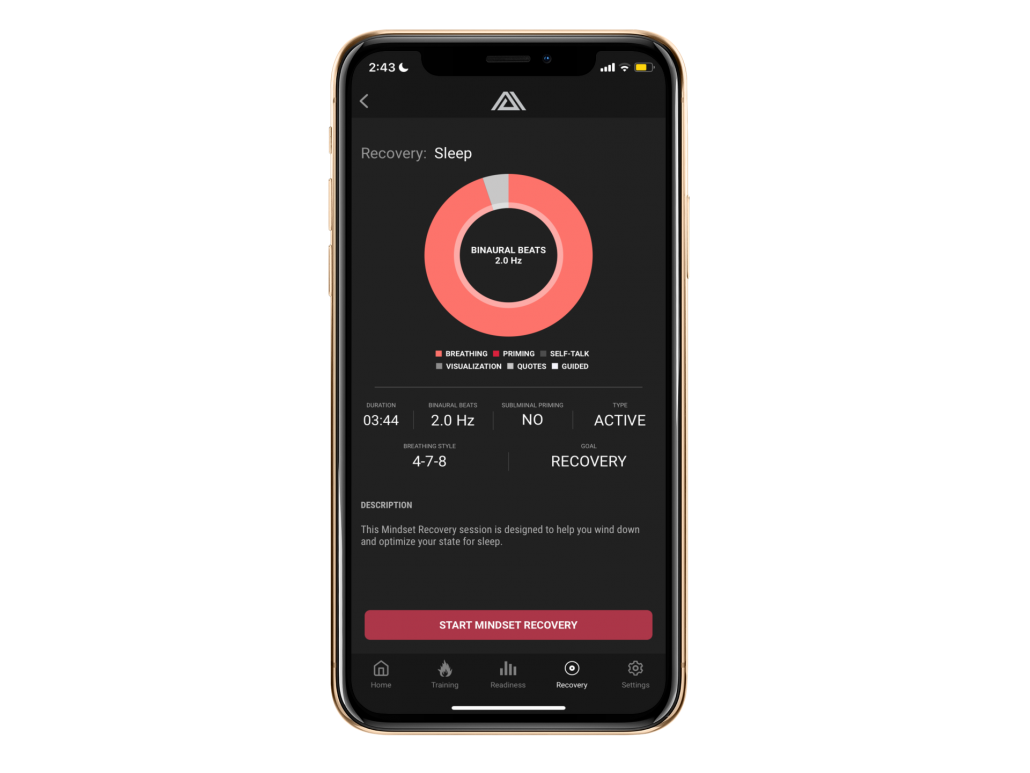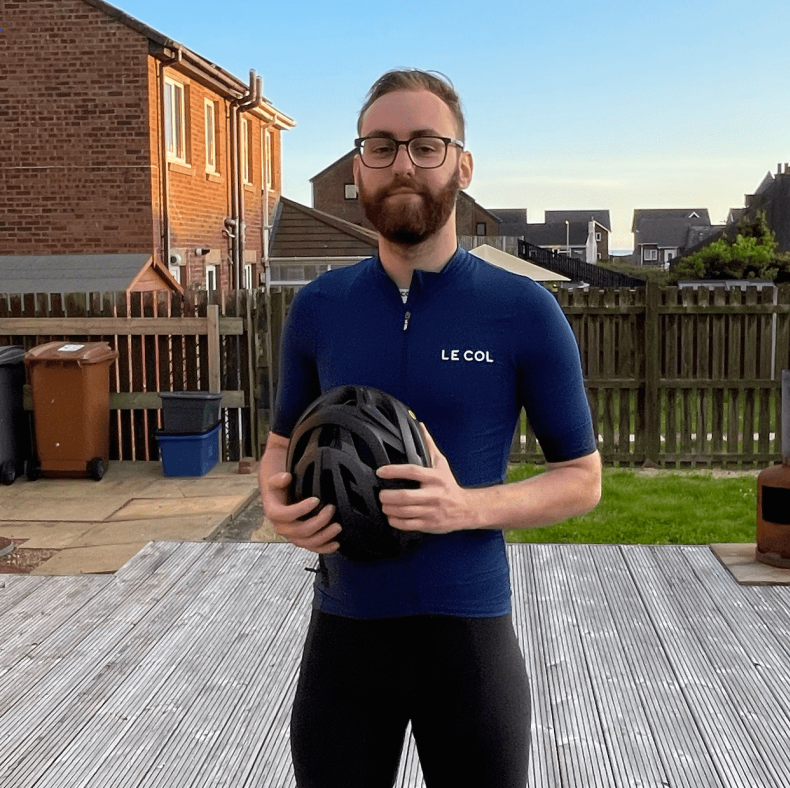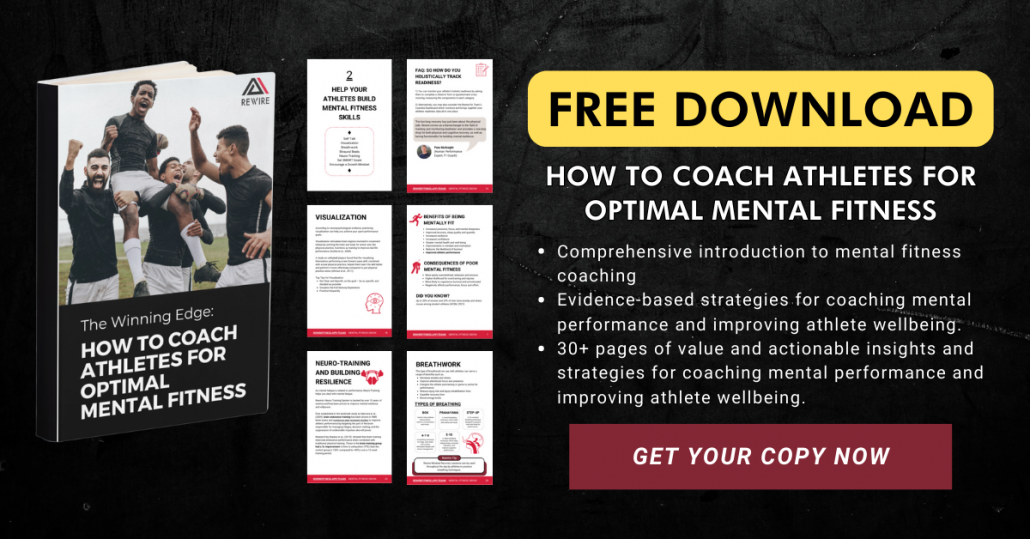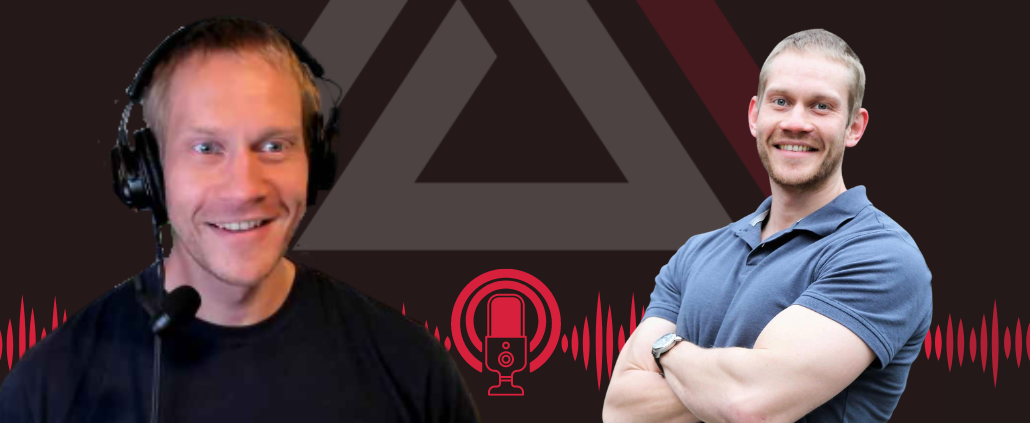4-7-8 Breathing and 2Hz Binaural Beats for Sleep
Rewire can help optimise your sleep with a mix of breathing exercises and binaural beats – here’s how.
Picture this: you head to bed at a good hour, you turn off the lights, and you’re ready to enter your dreams with open arms. But it doesn’t happen; you continue to lie there until you eventually fall asleep, exhausted, only to wake up feeling more tired than when you want to go to bed.
Approximately 1 in 5 people in the UK are not getting enough sleep, and a further 31% say they have insomnia. That’s a lot of people who struggle with sleep – especially when we need 7 to 9 hours of sleep each night, as stated by the Sleep Foundation, and that’s not counting the time in bed before falling asleep.
Even if you don’t have issues falling asleep, getting even better sleep is vital – it allows you to wake up feeling rested; it’s when your muscles and body recover after a workout, and after a good night’s sleep, you’re more prepared to tackle the day. That could mean crushing an important meeting at work, or smashing a set of intervals.
So, today, we’re talking about sleep and how to optimise it.
This blog post will highlight two proven methods for better sleep – the 4-7-8 breathing exercise and binaural beats. We’ll also discuss how to add these to your sleep routine with the Rewire app for better overall sleep.
What is 4-7-8 breathing?
If you’ve tried meditation before, then you’ve likely done 4-7-8 breathing exercises.
4-7-8 breathing, also called “the relaxing breath,” alleviates stress and anxiety, decreases fatigue, improves stress management, and, the big one: helps you fall asleep.
But how does it work? You exhale through your mouth to begin, then close your mouth and inhale through your nose, counting to 4. Hold your breath to the count of 7, then exhale through your mouth to the count of 8. That’s one breath.
The 4-7-8 breathing technique activates the parasympathetic nervous system – this is responsible for rest and relaxation. When the parasympathetic nervous system is switched on, the sympathetic nervous system (fight vs. flight response) is suppressed. This allows you to better control your body’s response to stress, ultimately helping you fall asleep quicker.
What are binaural beats?
What goes in one ear, doesn’t go in the other. That’s right – we’re talking about binaural beats.
A binaural beat is when two different frequencies are played in each ear to create a perceived third tone, known as the “binaural beat.” Although considered an auditory illusion, the third beat is of a new frequency, and its frequency is the difference between the two beats, for example, if you listen to two beats, one at 200 Hz and one at 204 Hz, the third tone, the binaural beat, will be 4 Hz. Your brain activity starts to mimic that tone through a process of brain entrainment which can facilitate a change in mood, emotion and action. Headphones must be worn to hear a certain frequency (Hz) – listening without headphones will produce a single frequency, and it will not be binaural.
So, the big question: why should you listen to binaural beats, and what effect does it have on sleep?
Binaural beats have been shown to reduce anxiety, encourage relaxation, induce a meditative-like state, and improve deep sleep. In fact, they’re so effective that binaural beats were found to significantly reduce anxiety in pre-operative patients, as stated in a 2005 study.
It’s important to note the different frequencies of binaural beats. For example, lower frequencies are greater associated with sleep, while high frequencies (13 Hz and higher) are linked to increased concentration, focus, and alertness.
You can use the right binaural beat (Hz) at different times to facilitate certain states of relaxation, focus, and concentration.
For more information on binaural beats, we suggest reading out 101 guide to Binaural Beats.
2 Hz binaural beats for sleep
Typically, a frequency of 1-8 Hz is thought to improve sleep. One study investigated the effect of sleep quality on fifteen young elite soccer players. The players listened to binaural beats between 2-8 Hz during sleep. Another group of sports students performed the same protocol but with no beats. Results found an improved perceived sleep quality in the soccer players.
In particular, 1-4 Hz is linked with deep sleep and relaxation – that’s helping you fall asleep quicker and makes sure you get the all-important deep sleep.
The Rewire sleep recovery session (more on this below) uses 2Hz binaural beats to encourage deep sleep and relaxation.
The Rewire mindfulness and recovery protocol for sleep
The Rewire app has a mix of mindfulness and recovery sessions that use a mix of binaural beats and breathing techniques to help reduce stress and improve focus, whether that means achieving better sleep or simply reducing stress.
For example, you may choose our deep relaxation recovery session, which utilises 2 Hz beats and 5-10 breathing to calm the body and mind after a stressful day. But for the purpose of this article, let’s say you use the sleep recovery session…
Mindset Recovery – Sleep

The Rewire sleep mindset recovery session uses 2Hz binaural beats and 4-7-8 breathing to help you unwind and optimise your state for sleep.
The 2Hz frequency encourages relaxation, and the purposeful 4-7-8 breathing further alleviates stress and anxiety, decreases fatigue, and prepares your body for sleep.
Our users, on average, feel 32% more relaxed after using our sleep recovery session.
We recommend implementing a recovery session such as Rewire sleep recovery to get better sleep.
If you have Rewire downloaded on your mobile device, tap here to try ‘Sleep’.
Get better sleep with Rewire Fitness
Rewire can help optimise sleep by being part of your wind-down routine 30 to 60 minutes before sleeping.
Start using the Rewire Fitness app for free, and begin feeling more relaxed for a good night’s sleep, eliminating the stressors and anxiety of everyday life so you can wake up feeling rested and ready to tackle the day, whatever that means to you.
References:
Abeln, V., Kleinert, J., Strüder, H.K. and Schneider, S., 2014. Brainwave entrainment for better sleep and post-sleep state of young elite soccer players–A pilot study. European journal of sport science, 14(5), pp.393-402.
Mental Health UK. 2022. Sleep and mental health – Mental Health UK. [online] Available at: <https://mentalhealth-uk.org/help-and-information/sleep/> [Accessed 22 September 2022].
Padmanabhan, R., Hildreth, A.J. and Laws, D., 2005. A prospective, randomised, controlled study examining binaural beat audio and pre-operative anxiety in patients undergoing general anaesthesia for day case surgery. Anaesthesia, 60(9), pp.874-877.
Pandekar, P.P. and Thangavelu, P.D., Effect of 4-7-8 Breathing Technique on Anxiety and Depression in Moderate Chronic Obstructive Pulmonary Disease Patients.
Suni, E., 2022. How Much Sleep Do We Really Need? | Sleep Foundation. [online] Sleepfoundation.org. Available at: <https://www.sleepfoundation.org/how-sleep-works/how-much-sleep-do-we-really-need#:~:text=National%20Sleep%20Foundation%20guidelines1,to%208%20hours%20per%20night.> [Accessed 22 September 2022].
Tindle, J. and Tadi, P., 2021. Neuroanatomy, parasympathetic nervous system. In StatPearls [Internet]. StatPearls Publishing.
Weil, A., 2017. Three breathing exercises. DrWeil. Com.
















